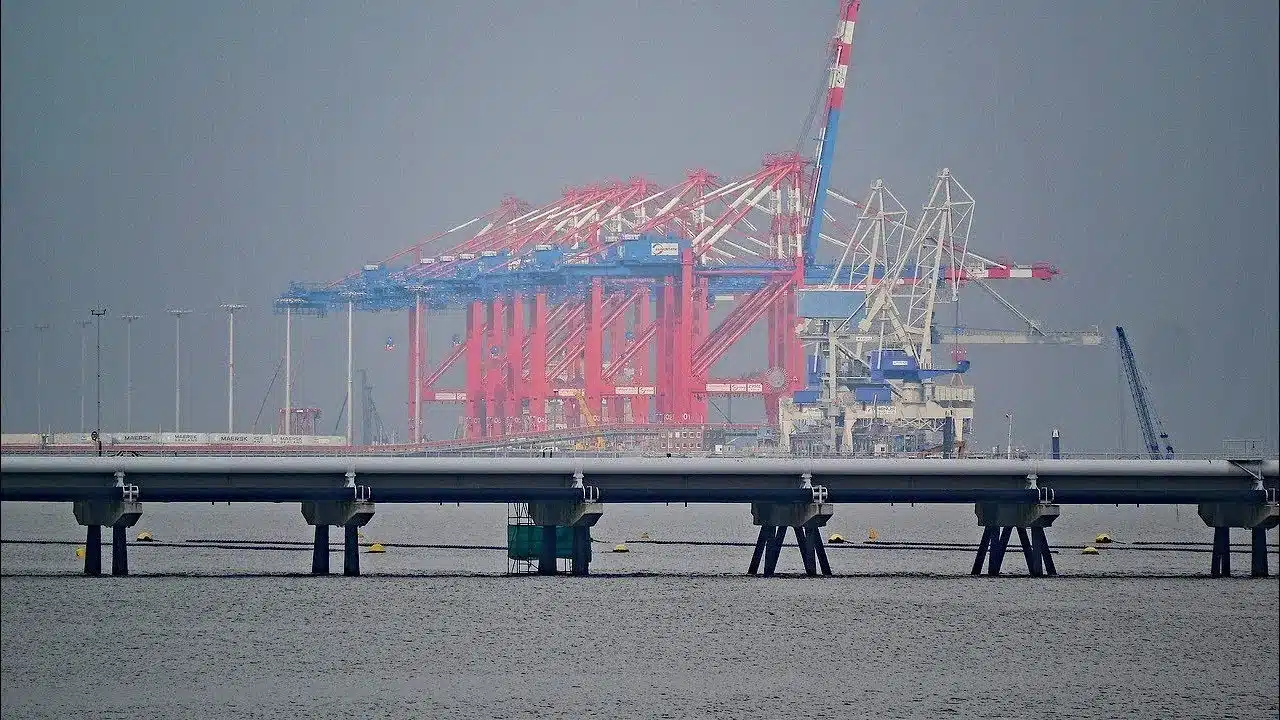The rise in oil prices in October has strengthened inflation expectations in the Eurozone, which seems like a natural progression. Higher crude prices will, with some delay, translate into greater price growth dynamics. The market is partially assuming that the recent positive CPI data in Europe will soon end, and the return to the ECB’s target will be prolonged. On the other hand, the valuation of the central bank’s future interest rate path has not changed. The market still assumes that it is highly likely or almost certain that the ECB will cut interest rates by 25 basis points in October. The market for OIS contracts even reacted to the NFP data with a slight decline, meaning that the likelihood of the central bank easing in October decreased (but only temporarily). These reactions suggest that the market currently believes the ECB will base its decisions more on economic data rather than inflation-related metrics.
It seems that the real economy, not inflation, is now the key factor determining further rate cuts. As a result, the euro may become more sensitive to economic data releases in the near future, while information related to price trends may have a smaller impact. This could change, of course, if central bank representatives begin once again to emphasize concerns about CPI trends in their statements. Much will depend on how the situation in the oil market unfolds.
Until recently, the oil market had surprisingly reacted calmly to rising tensions in the Middle East. Despite recent increases, the price of Brent crude is still lower than it was before Hamas’ attack on Israel a year ago. So far, there have been no supply disruptions. The Houthi attacks in Yemen on tankers in the Red Sea have only resulted in longer transport routes.
The main driver behind the recent sharp price hike has been speculation that Iranian oil facilities could be destroyed in retaliation, as Israel has warned. The market’s reaction is dynamic, as Iran has recently been producing 3.3 million barrels per day, which accounts for about 3% of global supply. On the other hand, it’s worth noting that OPEC countries currently have an estimated 6 million barrels per day of spare production capacity, meaning this potential supply drop could be somewhat offset.
The situation could be more dramatic if Iran decided to threaten the oil infrastructure of other key producers, such as Saudi Arabia. The market remembers the attack from September 2019.
Another critical point is the Strait of Hormuz, which cannot be replaced by an alternative route. Closing this passage would have severe consequences, disrupting supply chains. Therefore, a higher risk premium is fully justified and will remain until it’s clear what Israel plans to do. Yesterday, there was a significant correction, mainly driven by information coming from China. It’s also reasonable to assume that the recent rapid price increases were so substantial that a correction was inevitable.
Łukasz Zembik, Oanda TMS Brokers
Source: https://managerplus.pl/oczekiwania-inflacyjne-rosna-w-zwiazku-z-sytuacja-na-rynku-ropy-naftowej-31113
